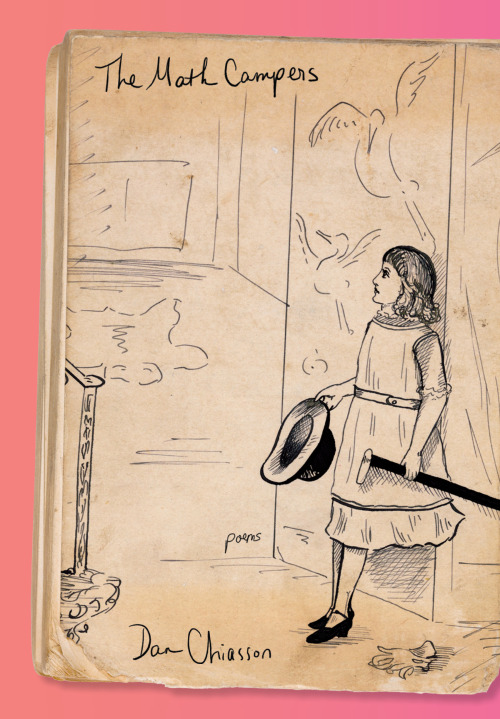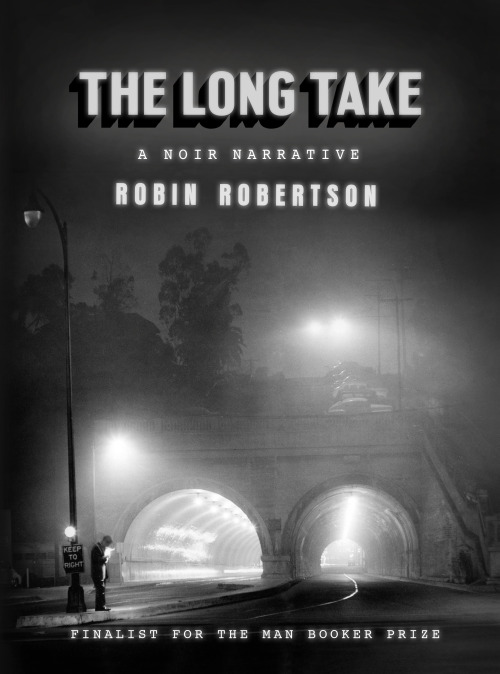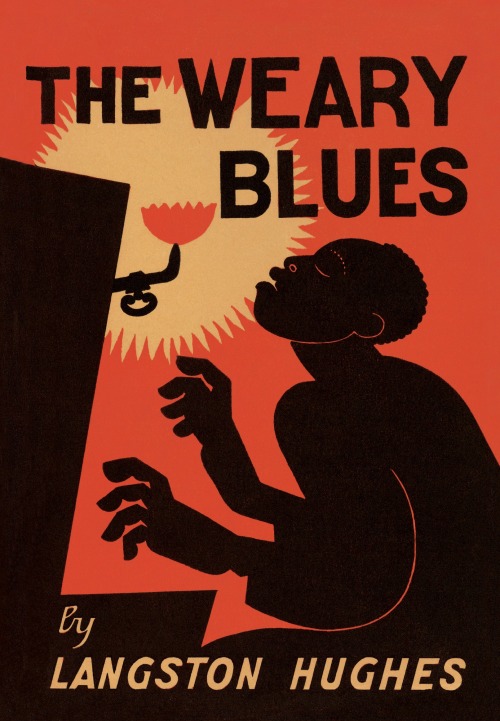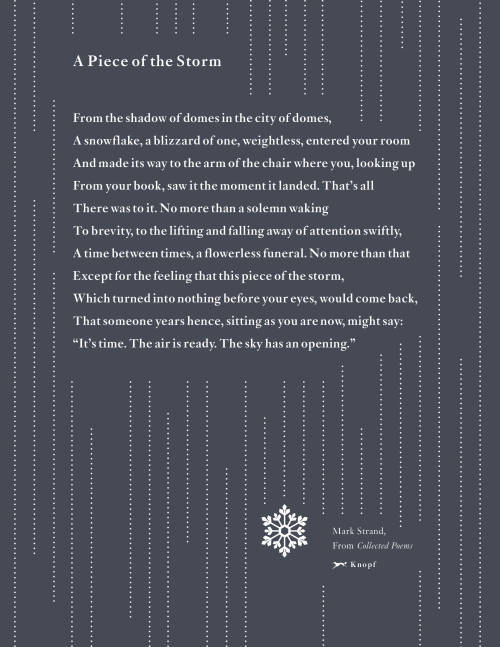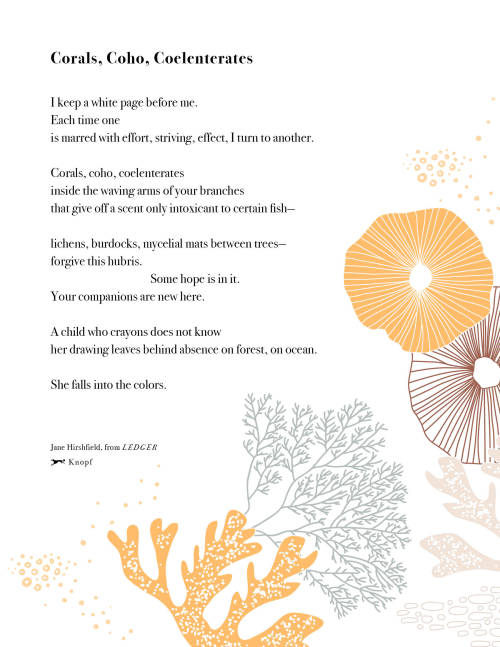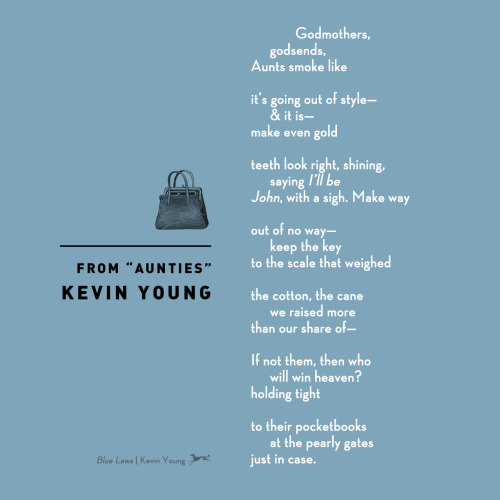#knopf poetry
Today, enjoy this audiogram of a poem by Catherine Cohen, a comedian and performer whose speaking voice—hot with self-critique and snark, and just a smidge of tenderness when she can’t take herself anymore—is perfectly suited to her verses.
poem I wrote after I tried to write a tweet about sparkling water
I’ve got a disease where I haven’t watched
an entire feature film since the aughts
do you like how I said “aughts”?
you don’t see that every day!
I’ve never been to a sex party
but one time I made fun of this girl
for bringing deviled eggs to an event
and then I ate six of them.
humiliation, satisfaction,
a long walk home in spring.
I love sex and I love before it—
the double vodka soda leg touch
Is it possible to miss everything at once?
More on this book and author:
- Learn more about God I Feel Modern Tonight by Catherine Cohen, also available as an audiobook read by the author.
- Learn more about Catherine Cohen.
- Share this poem and peruse other poems, audio recordings, and broadsides in the Knopf poem-a-day series.
- To share the poem-a-day experience with friends, pass along this link.
Thank you for reading and listening and watching—for being part of our community—throughout this month. With final good wishes for the health of all, here is Frank O'Hara (1926-1966), one of the presiding spirits of Knopf Poetry for his generosity on the page, his pursuit of beauty in its myriad forms, his boundless sense of adventure and of literature’s possibilities. May soft banks enfold you until we meet again over a poem.
River
Whole days would go by, and later their years,
while I thought of nothing but its darkness
drifting like a bridge against the sky.
Day after day I dreamily sought its melancholy,
its searchings, its soft banks enfolded me,
and upon my lengthening neck its kiss
was murmuring like a wound. My very life
became the inhalation of its weedy ponderings
and sometimes in the sunlight my eyes,
walled in water, would glimpse the pathway
to the great sea. For it was there I was being borne.
Then for a moment my strengthening arms
would cry out upon the leafy crest of the air
like whitecaps, and lightning, swift as pain,
would go through me on its way to the forest,
and I’d sink back upon that brutal tenderness
that bore me on, that held me like a slave
in its liquid distances of eyes, and one day,
though weeping for my caresses, would abandon me,
moment of infinitely salty air! sun fluttering
like a signal! upon the open flesh of the world.
More on this book and author:
- Learn more about Selected Poems by Frank O'Hara, edited by Mark Ford
- Learn more about Frank O'Hara
- Share this poem and peruse other poems, audio recordings, and broadsides in the Knopf poem-a-day series
- To share the poem-a-day experience with friends, pass along this link
Post link
Dan Chiasson’s The Math Campers, to come this fall, is a book in part about fatherhood and adolescence—his own, his kids’, and the new freedoms as well as existential threats that shape their world. Today’s poem, from a multipart piece entitled “Over & Over,” is dedicated to his sons.
from “Over & Over”
my awareness seems to extend this day
past the trap my body set for me
past its small, pitiful adjustments
of head here wings here antennae here
what does it matter, the head and wings
and antennae if my awareness
soars over the tops of the pines
with their spiny flowers still green
like a drone flown by a teenage pilot
over the rooftops, silent yawp
past near meadows over the stop and shop
its dragonfly landing gear ready
now it zooms in on the roots which grip
the soil and feed on its decay
your hand and mine at the same angle
you there, in the future, fleeing me
More on this book and author:
- Learn more about Dan Chiasson’s forthcoming collection, The Math Campers
- Browse other books by Dan Chiasson and catch up with him on Twitter, @dchiasso
- Share this poem and peruse other poems, audio recordings, and broadsides in the Knopf poem-a-day series
- To share the poem-a-day experience with friends, pass along this link
Post link
In these excerpts from the pages of Robin Robertson’s prize-winning The Long Take, soon to be published in paperback, we see New York City in 1946 through the eyes of Walker, a Nova Scotian D-Day veteran just landing on our shores. The book goes on to tell his story, as he makes his way west to become a journalist in Los Angeles, in the heyday of film noir.
from The Long Take
And there it was: the swell
and glitter of it like a standing wave –
the fabled, smoking ruin, the new towers rising
through the blue,
the ranked array of ivory and gold, the glint,
the glamour of buried light
as the world turned round it
very slowly
this autumn morning, all amazed.
And it stayed there, watching,
as they made toward it,
the truck-driver and the young man,
under pylons, wires, utility poles,
past warehouses, container parks,
deserted lots, between the long
oily marshes, landfill sites and swamps,
before slipping down
under the Hudson, and coming up
on the other side
to find a black wetness
of streets trashed and empty
and the city gone.
‘Try the docks. They can always use men.’
*
At night, the river rolls and turns like oil
under the bridges,
in through the slips.
He walked for hours –
following the glow
in the sky uptown he’d been told
was the lights of Times Square –
his shadow moving with him
below the street-lamps: dense, tight,
very black and sharp, foreshortened, but already
starting to lengthen as he goes, attenuating
to a weak stain. Then back in
under another streetlight, shadow
darkening again, clean and hard.
Who he really is, or was,
lies somewhere in between.
*
In the last splinter of sunlight allowed between the skyscrapers
an old lady is sitting with a book,
moving her chair every quarter of an hour
a little farther down the alleyway.
More on this book and author:
- Learn more about The Long Take by Robin Robertson
- Learn more about Robin Robertson
- Share this poem and peruse other poems, audio recordings, and broadsides in the Knopf poem-a-day series
- To share the poem-a-day experience with friends, pass along this link
Post link
From the heart of a young Langston Hughes.
Poem
The night is beautiful.
So the faces of my people.
The stars are beautiful,
So the eyes of my people.
Beautiful, also, is the sun.
Beautiful, also, are the souls of my people.
More on this book and author:
- Learn more about The Weary Blues by Langston Hughes
- Browse other books by Langston Hughes
- Share this poem and peruse other poems, audio recordings, and broadsides in the Knopf poem-a-day series
- To share the poem-a-day experience with friends, pass along this link
Post link
In the work of Mark Strand (1934–2015), desolation and isolation come to have their own cadence — one of timelessness, acceptance, and even sly comfort extended to the reader. (This classic, known by heart to Strand’s fans, seemed to call out for a broadside.)
A Piece of the Storm
From the shadow of domes in the city of domes,A snowflake, a blizzard of one, weightless, entered your room
And made its way to the arm of the chair where you, looking up
From your book, saw it the moment it landed. That’s all
There was to it. No more than a solemn waking
To brevity, to the lifting and falling away of attention, swiftly,
A time between times, a flowerless funeral. No more than that
Except for the feeling that this piece of the storm,
Which turned into nothing before your eyes, would come back,
That someone years hence, sitting as you are now, might say:
“It’s time. The air is ready. The sky has an opening.”
More on this book and author:
- Learn more about Collected Poems by Mark Strand.
- Browse other books by Mark Strand.
- Visit our Tumblr to peruse poems, audio recordings, and broadsides in the Knopf poem-a-day series.
- To share the poem-a-day experience with friends, pass along this link.
Post link
How we interact with our climate and nature, for good and too often for ill, is a pressing concern in the work of Jane Hirshfield, as in this piece from her latest collection, Ledger.
Corals, Coho, Coelenterates
I keep a white page before me.
Each time one
is marred with effort, striving, effect, I turn to another.
Corals, coho, coelenterates
inside the waving arms of your branches
that give off a scent intoxicant only to certain fish—
lichens, burdocks, mycelial mats between trees—
forgive this hubris.
Some hope is in it.
Your companions are new here.
A child who crayons does not know
her drawing leaves behind absence on forest, on ocean.
She falls into the colors.
More on this book and author:
- Learn more about Ledger by Jane Hirshfield.
- Browse other books by Jane Hirshfield.
- Hear Jane Hirshfield read in person and online in Newtown, PA (Wordsmiths Reaing Series, April 29).
- Visit our Tumblr to peruse poems, audio recordings, and broadsides in the Knopf poem-a-day series.
- To share the poem-a-day experience with friends, pass along this link.
Post link
In the “Other Countries” section of her now classic collection My Wicked Wicked Ways, Sandra Cisneros pens lines from Venice, Paris, Trieste, the old market in Antibes, the Greek island of Hydra in pouring rain, and Sarajevo, as below.
Peaches—Six in a Tin Bowl, Sarajevo
If peaches had armssurely they would hold one another
in their peach sleep.
And if peaches had feet
it is sure they would
nudge one another
with their soft peachy feet.
And if peaches could
they would sleep
with their dimpled head
on the other’s
each to each.
Like you and me.
And sleep and sleep.
More on this book and author:
- Learn more about My Wicked Wicked Ways by Sandra Cisneros, and follow her on Instagram (@officialsandracisneros).
- Browse other books by Sandra Cisneros, including her forthcoming Martita, I Remember You / Martita te recuerdo, to be published in a dual-language edition translated by Liliana Valenzuela.
- Share this poem and peruse other poems, audio recordings, and broadsides in the Knopf poem-a-day series.
- To share the poem-a-day experience with friends, pass along this link.
Post link
An afternoon with Kevin Young’s “Aunties” sounds awfully good right now. The poem, from his collection Dear Darkness, appears most recently in Blue Laws, a selected and uncollected gathering that is an essential tour of Young’s work.
Aunties
There’s a way a womanwill not
relinquish
her pocketbook
even pulled
onstage, or called up
to the pulpit—
there’s a way only
your Auntie can make it
taste right—
rice & gravy
is a meal
if my late Great Aunt
Toota makes it—
Aunts cook like
there’s no tomorrow
& they’re right.
Too hot
is how my Aunt Tuddie
peppers everything,
her name given
by my father, four, seeing
her smiling in her crib.
There’s a barrel
full of rainwater
beside the house
that my infant father will fall
into, trying to see
himself—the bottom—
& there’s his sister
Margie yanking him out
by his hair grown long
as superstition. Never mind
the flyswatter they chase you
round the house
& into the yard with
ready to whup the daylights
out of you—
that’s only a threat—
Aunties will fix you
potato salad
& save
you some. Godmothers,
godsends,
Aunts smoke like
it’s going out of style—
& it is—
make even gold
teeth look right, shining,
saying I’ll be
John, with a sigh. Make way
out of no way—
keep the key
to the scale that weighed
the cotton, the cane
we raised more
than our share of—
If not them, then who
will win heaven?
holding tight
to their pocketbooks
at the pearly gates
just in case.
More on this book and author:
- Learn more about Blue Laws by Kevin Young.
- Browse other books by Kevin Young, including Stones, forthcoming in September 2021.
- Hear Kevin Young read poems from the first pandemic year, along with other contributors to the anthology Together in a Sudden Strangeness, via Left Bank Books on April 19.
- Share this poem and peruse other poems, audio recordings, and broadsides in the Knopf poem-a-day series.
- To share the poem-a-day experience with friends, pass along this link.
Post link


